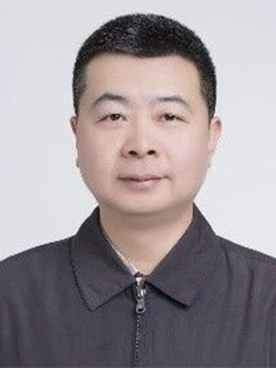Invited Speakers

Assoc. Prof. Gongyang Li
Shanghai
University, China
Short bio: Gongyang Li is currently an Associate Professor at
the School of Communication and Information Engineering,
Shanghai University. He was listed as the World’s Top 2%
Scientists by Stanford University since 2024. His long-standing
research focus lies in the fields of computer vision,
multi-modal data processing, remote sensing information
processing, saliency detection, object segmentation, defect
detection, etc. As the principal investigator, he has presided
over a series of key research projects, including the National
Natural Science Foundation of China, the Shanghai Sailing
Program, and the China Postdoctoral Science Foundation.
Additionally, he was awarded funding through the 2022 Shanghai
"Super Postdoctoral" Incentive Program. He has published more
than 50 peer-reviewed papers in prestigious journals and
conferences such as IEEE
TIP/TNNLS/TCYB/TMM/TCSVT/TGRS/TIV/TIM/TCAS-II and ECCV/IEEE
ICME. Among these publications, 7 papers have been selected as
ESI Highly Cited Papers. He has served as an Area Chair for IEEE
MMSP 2022.

Assoc. Prof. Ata Jahangir Moshayedi
Jiangxi University of Science and Technology, China
Short bio: Dr. Ata Jahangir Moshayedi is an Associate Professor
at Jiangxi University of Science and Technology. He holds a
Ph.D. in Electronic Science from Savitribai Phule Pune
University (formerly the University of Pune), India. He is a
Senior Member of IEEE, a Professional Member of ACM, and a Life
Member of the Instrument Society of India.Dr. Moshayedi has
published over 100 research papers, authored 3 books,
contributed to 4 book chapters, and holds 2 patents and 14
copyrights. He actively serves as a technical program committee
member and session chair for numerous international conferences.
His current research focuses on robotics, particularly the
development of autonomous guided vehicles (AGVs) for
applications such as food delivery and elderly care.